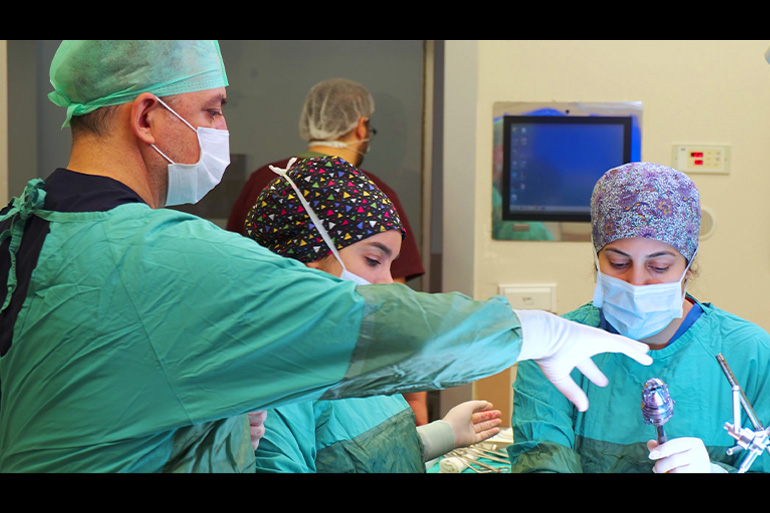
Bariatric Surgery in Turkey
Bariatric Surgery is also known as weight loss surgery and metabolic surgery. These terms are used to reflect the impact of these operations on the health of patients' weight and metabolism. In addition to their ability to treat obesity, these surgeries are also very effective in treating diabetes, high blood pressure, sleep apnea, and high cholesterol, among many other diseases. These operations also have the feature of preventing future health problems. Bariatric surgery allows obesity patients to have a better quality of life and a longer lifespan.
Today's metabolic and bariatric operations have been continuously further developed and improved, so bariatric surgery has been one of the most successful treatments in modern medicine in recent years.
The purpose of these operations is to modify the stomach and intestines to treat obesity and related diseases. The operations are performed by reducing the stomach and also by intervening in a part of the intestine. This results in less food intake and changes the way the body absorbs food for energy, resulting in reduced hunger and increased satiety. These procedures improve the body's ability to reach a healthy weight.
Bariatric surgery is performed with small incisions, using minimally invasive surgical techniques such as laparoscopic and robotic surgery. These improvements allow patients to have a better overall experience with less pain, fewer complications, shorter hospital stays and faster recovery. These operations are extremely safe, with lower complication rates than common operations such as gallbladder removal, hysterectomy, and hip replacement.
Who are suitable candidates for Bariatric Surgery?

Bariatric surgery is recommended for patients with a body mass index above 35 who cannot lose weight with other methods such as medical diet, exercise and medical treatment under the supervision of an expert. It is also recommended for patients with a body mass index above 30, who have problems that affect their quality of life and life expectancy, such as hypertension, diabetes, and sleep apnea. The best surgical technique is determined by doctors in the light of various examinations and tests.
Women who are of reproductive age and plan to have children in a short time should discuss this issue with their doctor. Because it is recommended to avoid pregnancy for 24 months after bariatric surgery.
Types of bariatric surgery
Each type of bariatric surgery has its pros and cons. Bariatric surgeries work in different ways by restricting the amount of food the stomach can hold, reducing the body's ability to absorb nutrients, or a combination of both. The most common types of bariatric surgery include gastric bypass, sleeve gastrectomy, adjustable gastric banding, and duodenal switch.
1. Gastric Bypass
Gastric bypass surgery is one of the most common types of bariatric surgery. Simply put, the procedure has two parts. First, a small pouch is created in the upper part of the stomach that separates it from the rest of the stomach. Then the first part of the small intestine is divided and the lower end of the small intestine is connected to the newly formed small sac in the stomach. Finally, the upper part of the divided small intestine connects to the lower part of the small intestine, which changes the flow of nutrients and produces changes in intestinal hormones. This procedure not only limits the amount of food the stomach can hold, but also restricts the absorption of calories and nutrients.
This procedure is the most common gastric bypass method. It works by reducing the amount of food you can eat in one sitting and reducing the absorption of nutrients. Therefore, patients feel satiated with a smaller amount of food and some of the digested nutrients are absorbed.
2. Tube stomach surgery
It involves removing about 80% of the stomach. What remains is a tubular pouch or sheath. As the stomach shrinks, it can no longer hold much food. It also reduces the production of the hormone ghrelin, which regulates appetite.
This surgery, also called gastrectomy surgery, aims to reduce the stomach volume (approximately 60-100 cc) to make patients feel full with minimal food intake. A certain part of the stomach is surgically removed, leaving a tube-shaped stomach behind. In addition, the part of the stomach that secretes hunger hormone is also removed. This process only limits the volume of food intake. Patients do not need vitamin or mineral supplements as nutrients are absorbed normally.
3. Gastric band
Adjustable stomach band involves placing an inflatable band on the upper part of the stomach, which creates a smaller pouch. Less food can be stored and patients become fuller faster. The band shrinks over time with repeated adjustments.
4. Intragastric Balloon
In this method, an empty balloon is inserted into the stomach lumen, and this balloon is advanced towards the stomach by performing endoscopy in the stomach-oral cavity. Then, it covers a part of the stomach and causes a feeling of satiet is inflated. Unlike the other three methods, the Intragastric Balloon is defined as a non-invasive method. However, since the balloon is removed after a certain period of time (6 months), it differs from other methods by not providing a permanent solution.
5. Duodenal switch
Duodenal Switched Biliopancreatic Diversion (BPD/DS) consists of two parts. First, part of the stomach is formed to form a tube-shaped sac. (similar to sleeve gastrectomy). Second, a large part of the small intestine is bypassed. The purpose of this is to limit the amount of food that the stomach can hold and to provide fullness faster. It also reduces the absorption of nutrients. It is a highly effective surgery, but it also carries greater risks, such as vitamin deficiencies or malnutrition.
What kind of experience awaits you after bariatric surgery?

After weight loss surgery, you will usually not be allowed to eat for one to two days to allow your stomach and digestive system to heal. Then you need to follow a certain diet for several weeks. The diet starts with liquids only, then moves on to pureed, very bland foods, and finally to regular foods. You will have many restrictions or limits on how much and what you can eat and drink.
You will also have frequent medical checkups to monitor your health in the first few months after weight loss surgery. You may need lab tests, blood work, and various exams.
How much weight is lost with bariatric surgery?
Patients can lose 30 to 50 percent of their excess weight in the first six months, and 77 percent 12 months after surgery. Another study showed that patients were able to maintain 50 to 60 percent excess weight loss 10 to 14 years after surgery.
How painful is bariatric surgery?
Whether you have gastric bypass, sleeve gastrectomy or Lap Band surgery, there will be pain. We can say that gastric bypass surgery gives 8 out of 10 on the pain scale. Gastric sleeve surgery is 7 out of 10 and Lap Band surgery is 5 out of 10 on the pain scale.
How long does bariatric surgery recovery take?
Most gastric bypass surgeries are laparoscopic, meaning the surgeon makes small incisions. This provides a shorter recovery time. Most people stay in the hospital for 2 to 3 days and return to their normal activities within 3 to 5 weeks.
What Are the Risks of Bariatric Surgery?
Every surgery has risks and complications. We divide complications into two categories: major and minor. Major complications are very unusual (about 1%). Minor complications are mild nausea and pain and are treated with medication.
How Safe Is Bariatric Surgery in Turkey?

Turkey is a leading player in the world in the field of obesity treatment and surgery. Turkey is coming to the fore more and more every day as a preferred country in the world for a wide variety of medical procedures due to its advantages in obesity treatment and surgeries.
Let's briefly talk about the advantages of obesity treatment and surgery in Turkey:
• More economical treatment without sacrificing service quality
• No need to wait long for elective surgeries or procedures
• Turkey has an affordable healthcare system
• Has the highest number of hospitals accredited by the USA.
• Having internationally accredited medical facilities using the latest technologies
• Most doctors trained in Europe and America prefer to practice and specialize in Turkey.
• Presence of highly qualified Doctors/Surgeons and hospital support personnel
• Significant cost savings compared to private healthcare services in your country
• Fluent English speaking staff
• Private room, interpreter, private chef, private staff during your stay and many other personalized service options
• Being in a location where you can easily combine your medical treatment with a vacation or business trip
• Medical treatment costs in Turkey are at least 60-80% lower compared to similar procedures in North America and England.
Treatment Costs in Turkey
Treatment costs in Turkey are 40% to 50% lower than other countries in all medical treatment areas such as cancer treatment, heart surgery, orthopedic surgery, IVF treatment, aesthetic dental treatment, aesthetic treatments.
Doctors in Turkey are highly qualified and private hospitals are of the highest quality and accredited by JCI. Turkey is a popular destination for medical tourism due to its high quality.
Do You Need a Visa to Turkey?
For many countries, you can easily obtain a visa for 90 days per trip. However, for holders of US, UK, Australian, Chinese and Spanish passports, e-visas must be obtained in advance for a fee upon arrival. Holders of French, German, Russian and Singaporean passports can enter visa-free. Citizens of more than 70 countries have the right to enter Turkey without a visa.
Transportation to Turkey
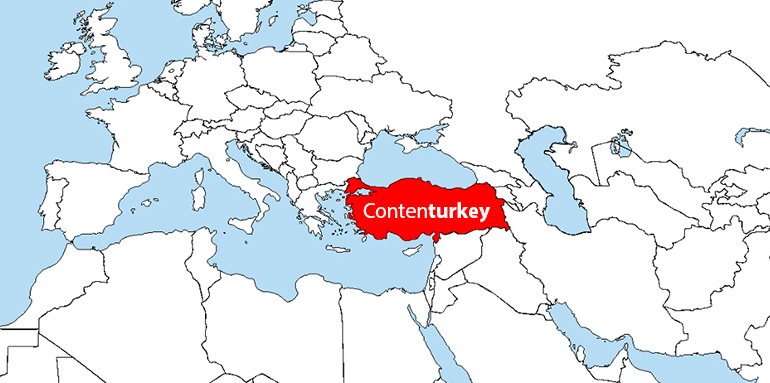
Turkish Airlines is one of the largest airlines in the world, flying to more than 100 countries and 200 international destinations. Turkish Airlines' extensive flight network provides easy and economical transportation to patients from all over the world.
Turkey's private hospitals offer the world's most advanced medical treatments and technology today. In addition to its technologically advanced medical infrastructure, Turkey is a leading health tourism destination with many advantages.
Fill out the form to schedule "Free Bariatric Treatment".
Plan your Bariatric Treatment journey with Contenturkey today!
Do you know that you can visit Turkey's most competent hospitals and clinics specialized in Bariatric Therapy through Contenturkey with special privileges? To do this, simply fill out the form below.
In a short time, authorized health communication units will contact you and convey all the details together with the price information.
Moreover, when you participate in Bariatric Treatment programs via the form below, you can benefit from the 5% discount privilege as a visitor to our website!
WARNING: Contenturkey.com has no partnership with any clinic, hospital or doctor. The content on our page has been created to inform you about your health tourism experience in Turkey. Please consult your doctor for any diagnosis and treatment. We are not responsible for any health problem you may experience for any reason.
In addition to all this, the information we create and share under medical and medical titles should not be interpreted as treatment advice. No explanation is a substitute for a doctor's visit.
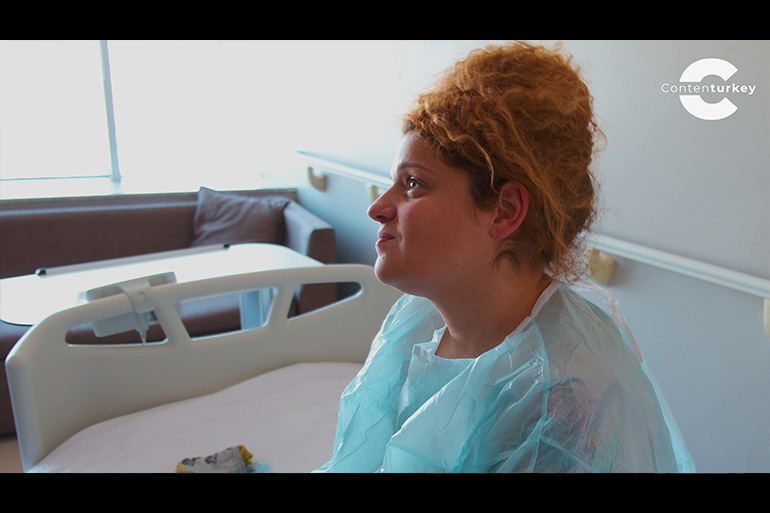
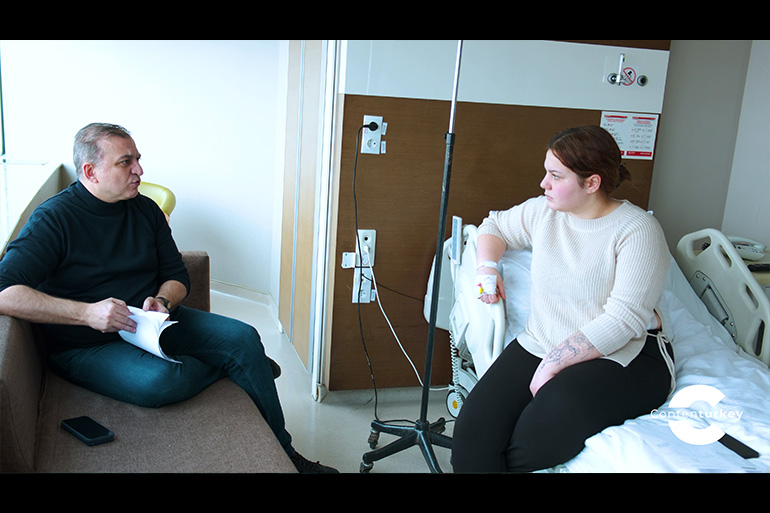
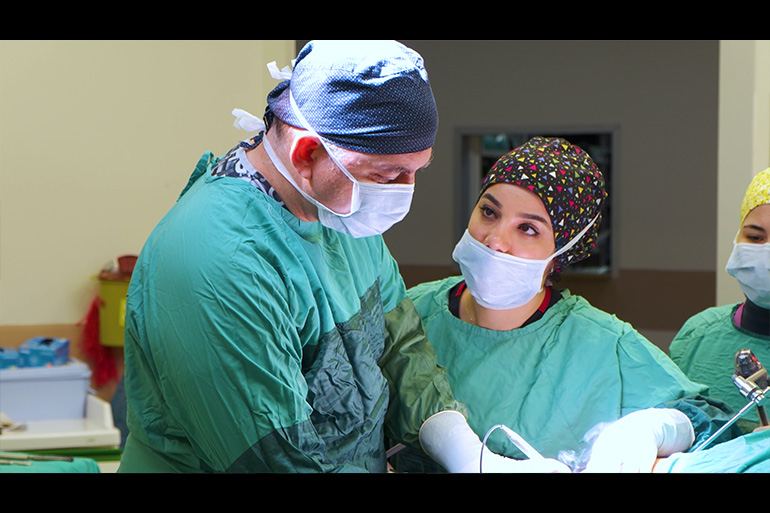
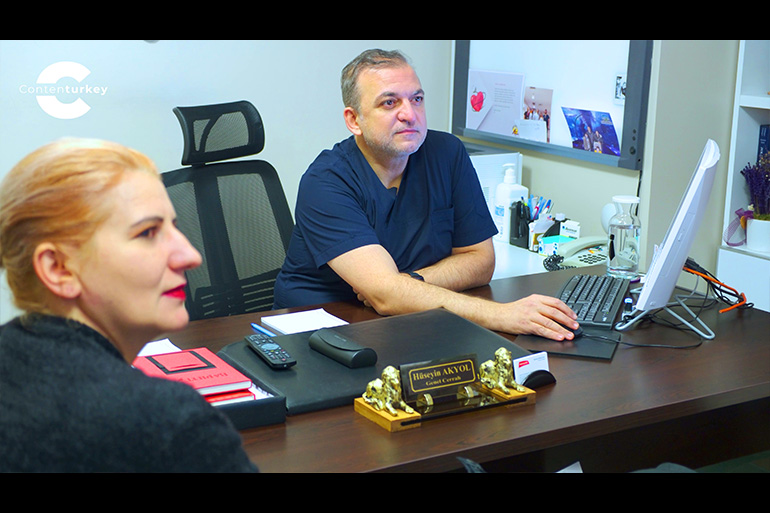

0 Comment
Comment